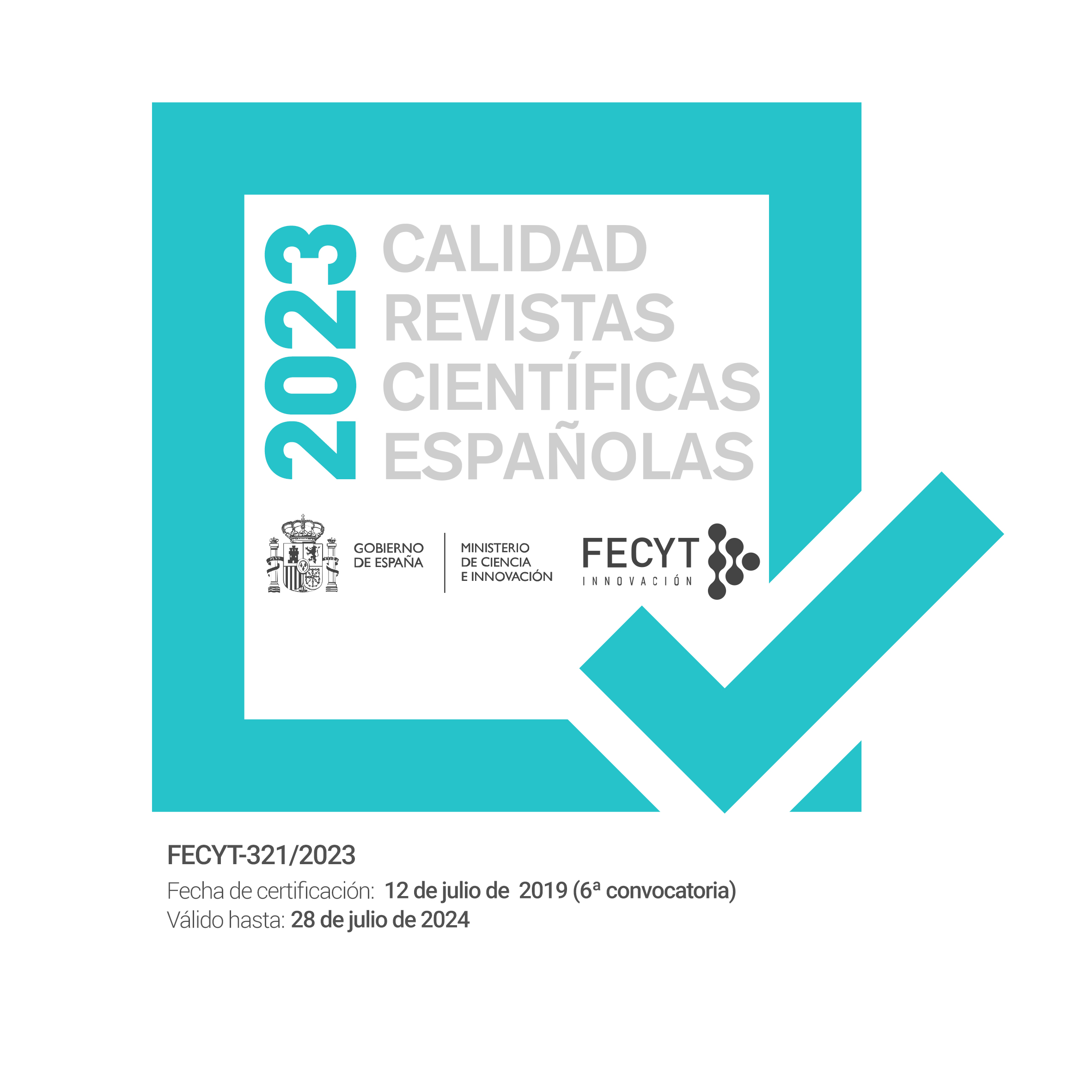Policy networks and strategy design to overcome the water crisis. The cases of the aquifers of the Valley of León, Guanajuato, and the Valley of Aguascalientes (México)
DOI:
https://doi.org/10.17561/at.v1i2.1344Abstract
The present article is based on a study addressing the confrontation between political projects around the management of two aquifers in central Mexico that are threatened by overpumping. The analysis focuses on the kinds of relationships established between the public and private actors involved in the management of underground water, as well as in the institutional arrangements shaping these relationships, drawing on the theoretical perspective of public policy networks. The main objective of the article is to highlight not only the existence of distributive conflicts over water in Mexico but to identify the structural conditions of the country’s persistent water crisis. On the basis of the research results I put forward two main findings: first, public policies and strategies grounded on the notion that water is an economic good are insufficient and partial because they leave out solutions that seek greater distributive justice and are committed to environmental sustainability; second, developing effective solutions to the water crisis will require the consolidation of institutional arrangements based on rules that help to shape up a more inclusive water sector supportive of strategies to strengthen local development.
Downloads
Published
How to Cite
Issue
Section
License
© Universidad de Jaén-Seminario Permanente Agua, territorio y medio ambiente-CSIC.
The originals published in the printed and electronic editions of this journal are the property of the University of Jaén and the Seminario Permanente Agua, territorio y medio ambiente (CSIC), as well as the universities that publish specific monographs in Latin America or Europe. The origin must be cited in any partial or total reproduction.
Unless otherwise indicated, all the contents of the electronic edition are distributed under a "Creative Commons Attribution 4.0 Spain" (CC-by) licence. You can consult from here the informative version and the legal text of the license. This circumstance must be expressly stated in this way when necessary.














